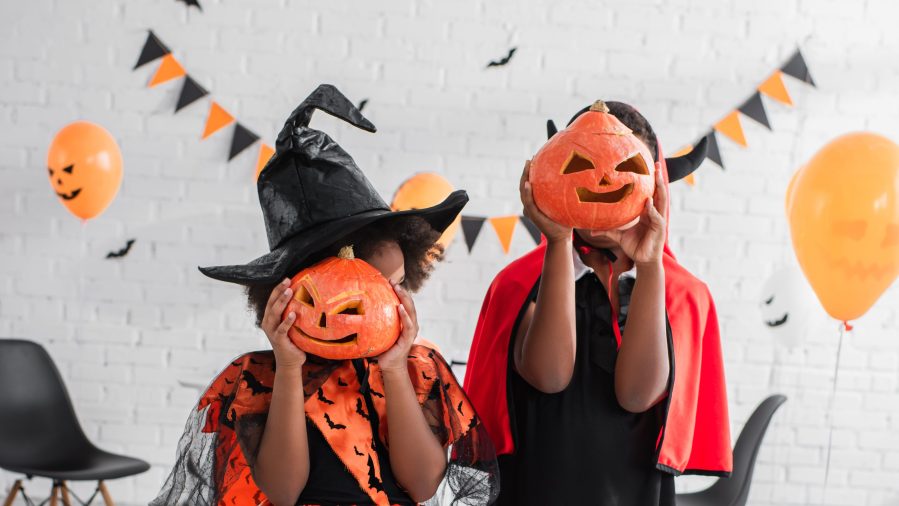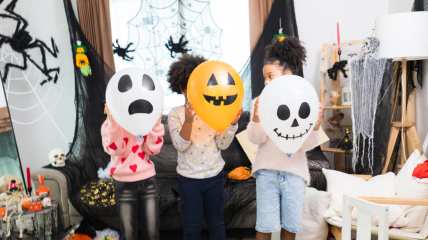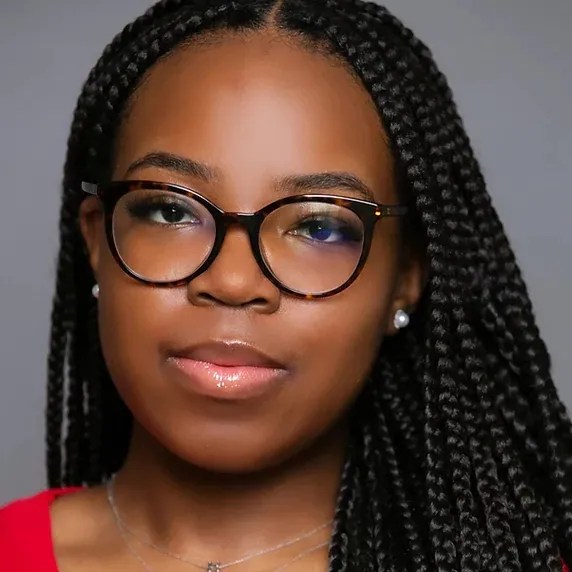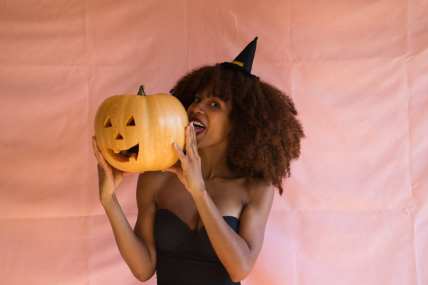Admiration or appropriation: Can white kids dress up as Black characters for Halloween?
When it comes to Halloween, the line between admiration and cultural appropriation can get easily blurred, here is how you can find a balance.
Halloween is one of the few times in the year when everyone old and young gets to unleash their creativity through costumes. Aside from the haunted houses and overall spookiness associated with the season, Halloween gives everyone a chance to be whoever they want to be.

However, every year, without fail, a discussion about how far is too far when it comes to Halloween costumes emerges. This year, one of the debates seems to be whether or not white kids should dress up as Ariel from “The Little Mermaid.”
Earlier this year, Disney premiered its highly anticipated live-action adaptation of the classic film, “The Little Mermaid.” Starring Halle Bailey as Ariel, it presented a diverse spin on an ageless childhood tale. Beyond its diversity, the remake made a splash in theaters, grossing approximately $117 million within days of its release. Now, in light of Halloween, the buzz around the film has reignited as fans and parents begin their hunt for Ariel Halloween costumes.
While the question of whether white children can dress up as Ariel may seem silly, Disney characters have sparked similar debates in the past. Over the years, Disney has made a continuous effort to increase the diversity of its characters and storylines. These efforts have not only increased representation on-screen for minority children but have also exposed kids of all backgrounds to new cultures. However, with children of all races growing an appreciation for diverse characters like Princess Tiana from “The Princess and the Frog” and the Black Panther, concerns of cultural appropriation have increased among parents.
In 2020, a mother-in-law’s reaction to her white granddaughter’s Princess Tiana costume sparked a debate, as reported by Cafe Mom. In an anonymous Reddit thread, a user explained that their mother-in-law disagreed with their decision to let her 7-year-old grandchild dress up as the Black Disney princess because it “is mean to some people.” Leaving users divided; some saw no harm in the costume, as long as there was no involvement of blackface, while others understood the grandmother’s concerns about cultural appropriation.
A similar debate arose in 2018 when Fatherly published a piece exploring this question: Can a white kid dress up as Black Panther for Halloween? Similar to the Princess Tiana debate, the author went back and forth about whether it would be appropriate for his 6-year-old son to dress up as the Black superhero.
“A white child dressed as Black Panther might not represent a provocation, but does represent blithe appropriation,” the article reads. “Ignorance, whether it stems from youth or carelessness, is not an excuse.”
However, filmmaker Reginald Hudlin, who has worked in the Wakanda universe on- and off-screen, told the Washington Post projects like “Black Panther” may be “culturally specific” but also “plug into a universally relatable experience.”
“The idea that only Black kids would wear Black Panther costumes is insane to me,” said Hudlin, per Washington Post. “I love that all kids want to be Black Panther or Shuri or the Dora Milaje. These are the small steps that make the world a better place.”

Can we talk about Halloween?
At the end of the day, there is no harm in white children growing an admiration for Black fictional characters, nor is there a problem with them wanting to recreate the characters for Halloween. However, as parents begin their quest for the best-looking costume, they should not be utilizing things like blackface or purchasing red loc wigs for the sake of creating the most realistic look.
Instead of being fearful of the discussions that can come from white children wearing these types of costumes, parents should lean into them and encourage their children to learn about different cultures and ethnicities.

Haniyah Philogene is a multimedia storyteller and Lifestyle reporter covering all things culture. With a passion for digital media, she goes above and beyond to find new ways to tell and share stories.
TheGrio is FREE on your TV via Apple TV, Amazon Fire, Roku, and Android TV. TheGrio’s Black Podcast Network is free too. Download theGrio mobile apps today! Listen to ‘Writing Black‘ with Maiysha Kai.

